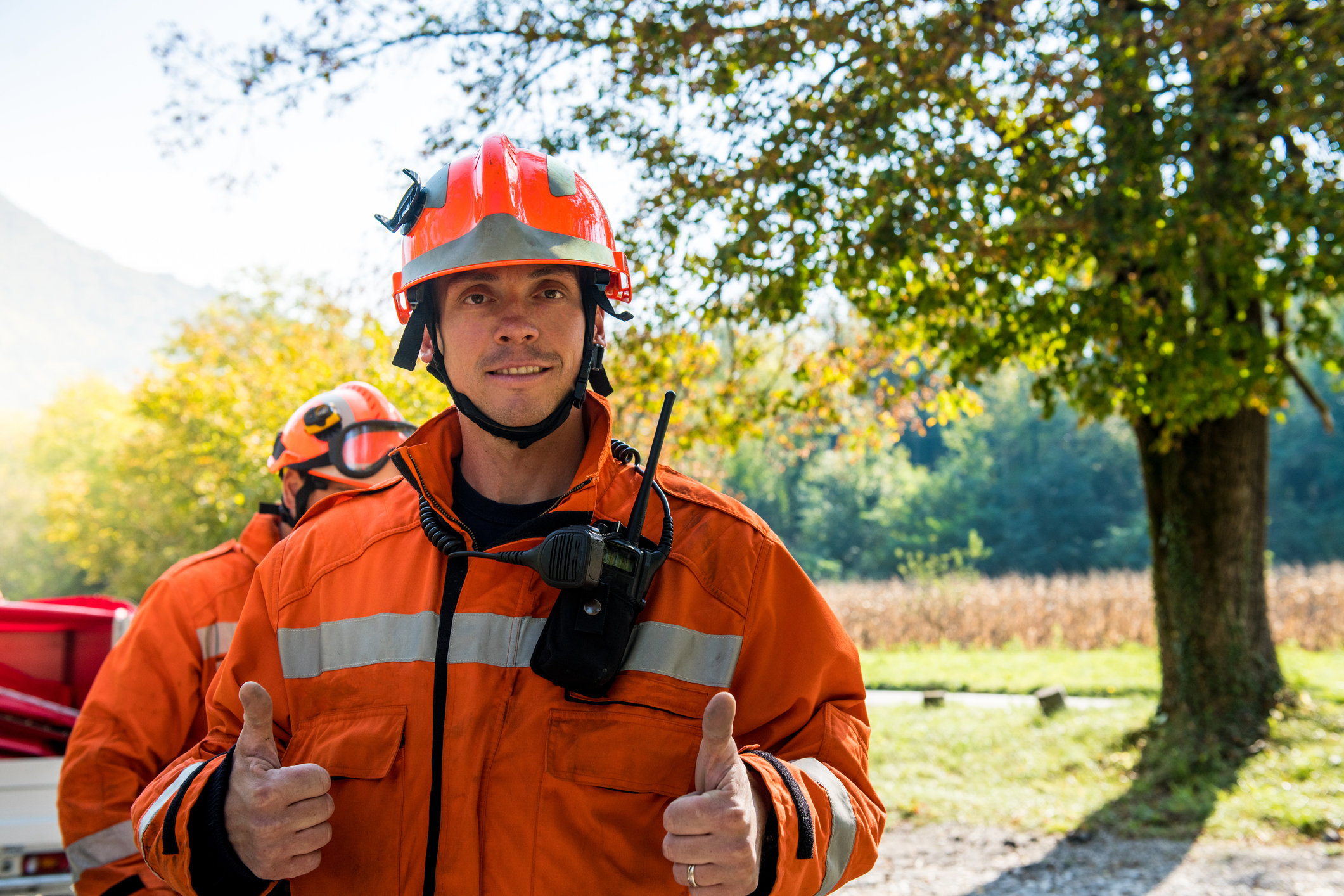Wildfire Season Lasts All Year: Are You Prepared?
July 22, 2022 | Senior living

With so many seniors opting to live at home, and frequently alone without family nearby, it’s crucial that they prepare for wildfires. It’s summer right now, but, as Lou Paulson, former chair of the California Fire Foundation and a fire captain, notes, “In California, fire season lasts the entire year.”
Potential challenges
If you are an older adult living in the community, you may face some challenges that may make it difficult to access, understand, and respond to emergency instructions. Mobility problems, chronic health conditions, hearing or vision problems or cognitive impairment may all pose a challenge to your safety.
To help ease your concerns, you or the people who care for you should prepare for emergency situations by creating a plan, reviewing or practicing it regularly, and keeping an emergency supply kit.
Make an evacuation plan
The first step in preparing for any emergency is creating a plan. Work with your friends, family, and neighbors to develop a plan that will fit your needs. “An evacuation plan, complete with vital medical information and designated individuals for assistance, is something easy that every senior citizen should have,” said Paulson. “It could mean the difference between safety or injury and death.”
Your plan might include:

- A contact person who will check on you during a disaster, and how you will communicate with each other (for instance, by telephone or knocking on doors). Consider speaking with your neighbors about developing a check-in system together.
- A list of contact information for family members and friends. Leave a copy by your phone(s) and include one in your emergency kit (see below).
- Routes for leaving your house and your neighborhood. Remember, though, that during wildfires emergency personnel may direct you on exactly how, where and when to evacuate.
You should also take these steps now:
- If you will have medical, transportation, or other access needs during an emergency, sign up for SMART911.
- To receive local emergency alerts, register with AlertSanDiego and sign up for text messages from CalFire.
Review your plan
It’s good to review your plan regularly, perhaps every six months, to refresh your memory, practice, and make any updates needed. Friends or neighbors may have moved away, or phone numbers or your evacuation route may have changed. Be sure you have the most up-to-date information.
Make an emergency kit
Everyone needs an emergency kit—perhaps in a bag or backpack—in case of any type of emergency or national disaster. Your kit should be ready for any medical or care needs you will have if you leave your home. It should include:
- A care plan that gives healthcare providers a complete picture of your health status, medications, and needs. The CDC has a thorough form (available in both English and Spanish) that you can download from their website. You should also review your care plan regularly, perhaps when you review your evacuation plan. Your health conditions and medications may have changed.
- A three-day supply of medicine, at a minimum. If medications need to be kept cold, have a cooler and ice packs available.
- Back-up power. The American Red Cross suggests: “If you require power to operate medical devices or keep medicines cold, make a back-up plan.”
- ID band (full name, contact number for family member/caregiver, and allergies).
- Hearing aids and extra batteries.
- Glasses and/or contacts and contact solution.
- Medical supplies like syringes or extra batteries.
You might also want to include water and nonperishable food, but remember to keep your kit light enough to carry. If you are evacuated, you will be brought to a shelter that is stocked with food, water and other necessities.

